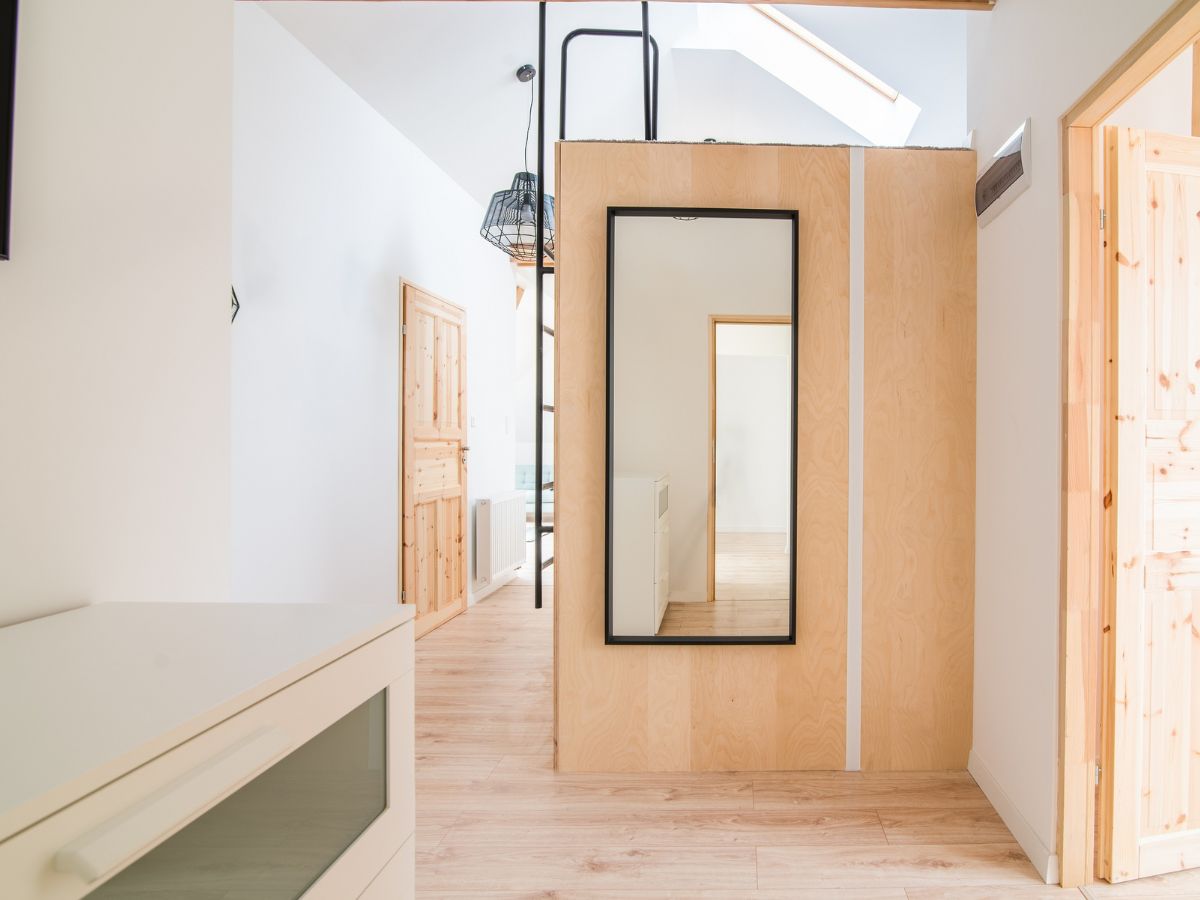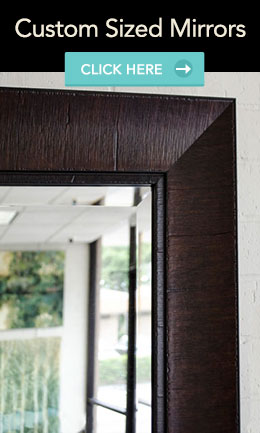
Why Are Mirrors Important in a Home?
Mirrors play an essential role in contemporary home design, serving both practical and aesthetic purposes. Framed square and rectangular mirrors, in particular, are versatile tools that can enhance any living space. From creating the illusion of more space to reflecting light and adding decorative flair, these mirrors are indispensable in modern interiors.
Enhancing Space Perception
One of the most significant advantages of mirrors is their ability to make a room appear larger than it actually is. In homes where space is at a premium, such as urban apartments or smaller houses, mirrors can create the illusion of depth and openness. Placing a large rectangular mirror on a wall can visually double the size of a room, making it feel more spacious and airy.
For example, a strategically positioned mirror in a narrow hallway can transform the space, preventing it from feeling cramped. Similarly, in a compact living room, a square mirror above the sofa can open up the area, giving it a more expansive feel.
Amplifying Natural Light
Mirrors are excellent at reflecting natural light, brightening up dark corners and enhancing the overall ambiance of a room. By placing a mirror opposite or adjacent to a window, you can maximize the amount of daylight entering the space. This not only reduces the need for artificial lighting but also creates a warm, inviting atmosphere.
Consider a rectangular mirror with a sleek metal frame in a dining room. Positioned to catch the sunlight, it can create a luminous, elegant setting for meals and gatherings. The interplay of natural light and reflective surfaces adds a dynamic quality to the room, making it feel more vibrant and lively.
Adding Decorative Value
Beyond their functional benefits, framed mirrors are also stylish decorative elements. The choice of frame material and design can significantly influence the look and feel of a room. For instance, a square mirror with a wooden frame can introduce a touch of organic warmth, perfect for a cozy living area. On the other hand, a mirror with a minimalist metal frame can enhance the clean, modern lines of a contemporary space.
Mirrors also serve as focal points, drawing the eye and anchoring a room’s design. A large rectangular mirror above a fireplace mantel, for example, can create a striking centerpiece that unifies the room’s décor. It provides a sense of balance and symmetry, making the space feel well-organized and aesthetically pleasing.
Reflecting Personal Style
Mirrors offer homeowners the opportunity to reflect their personal style and taste. Whether it’s a vintage-inspired frame or a sleek, modern design, mirrors can be customized to suit any interior theme. This personal touch transforms a functional item into a unique piece of art that resonates with the homeowner’s personality.
For interior designers, mirrors are a versatile tool in creating cohesive, stylish spaces. They can be used to complement other design elements, such as furniture and artwork, while also adding their own decorative flair.
Incorporating framed mirrors into home design is a smart and stylish choice. For homeowners and interior designers alike, mirrors are more than just reflective surfaces—they are key elements in creating beautiful, functional, and inviting living spaces.

